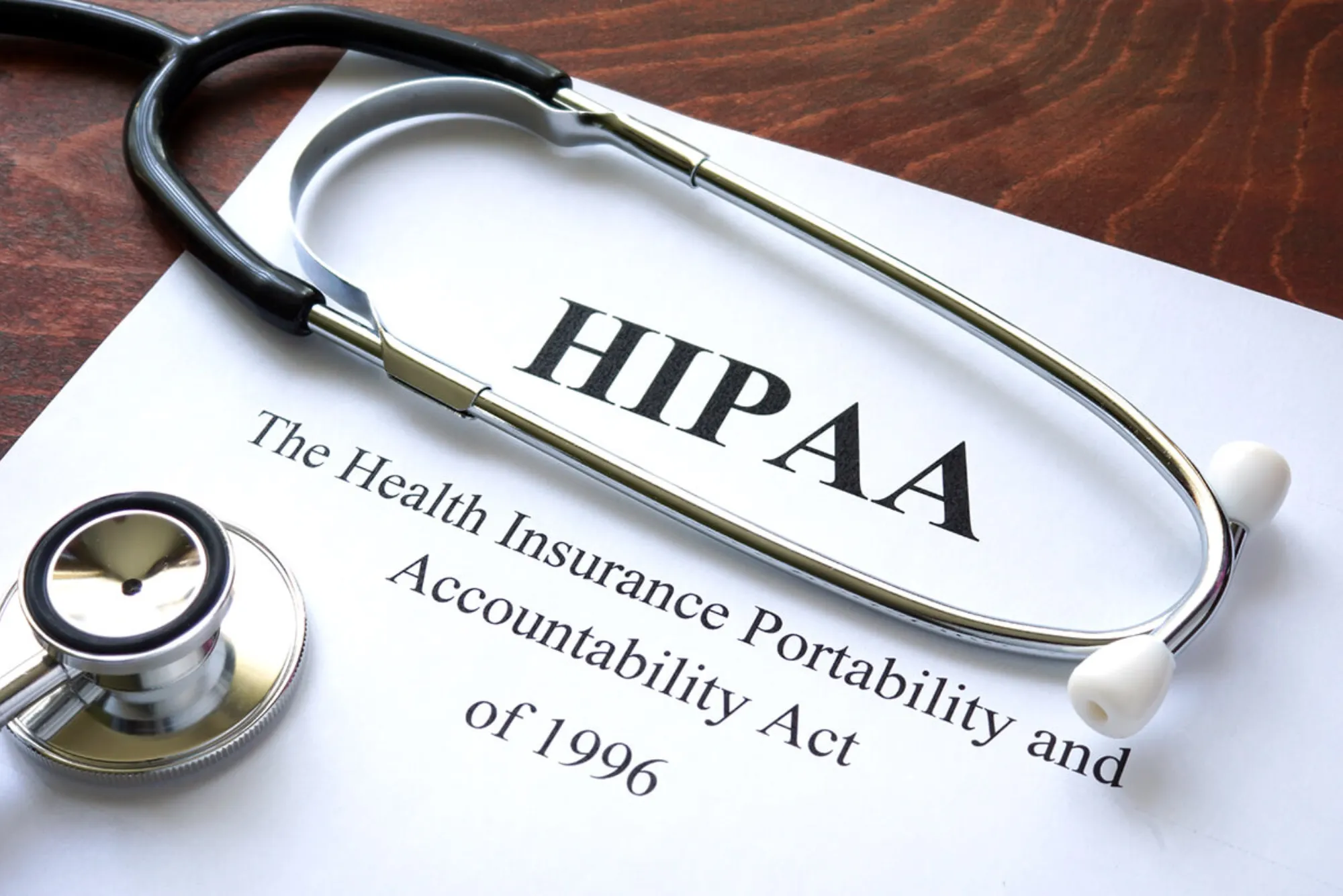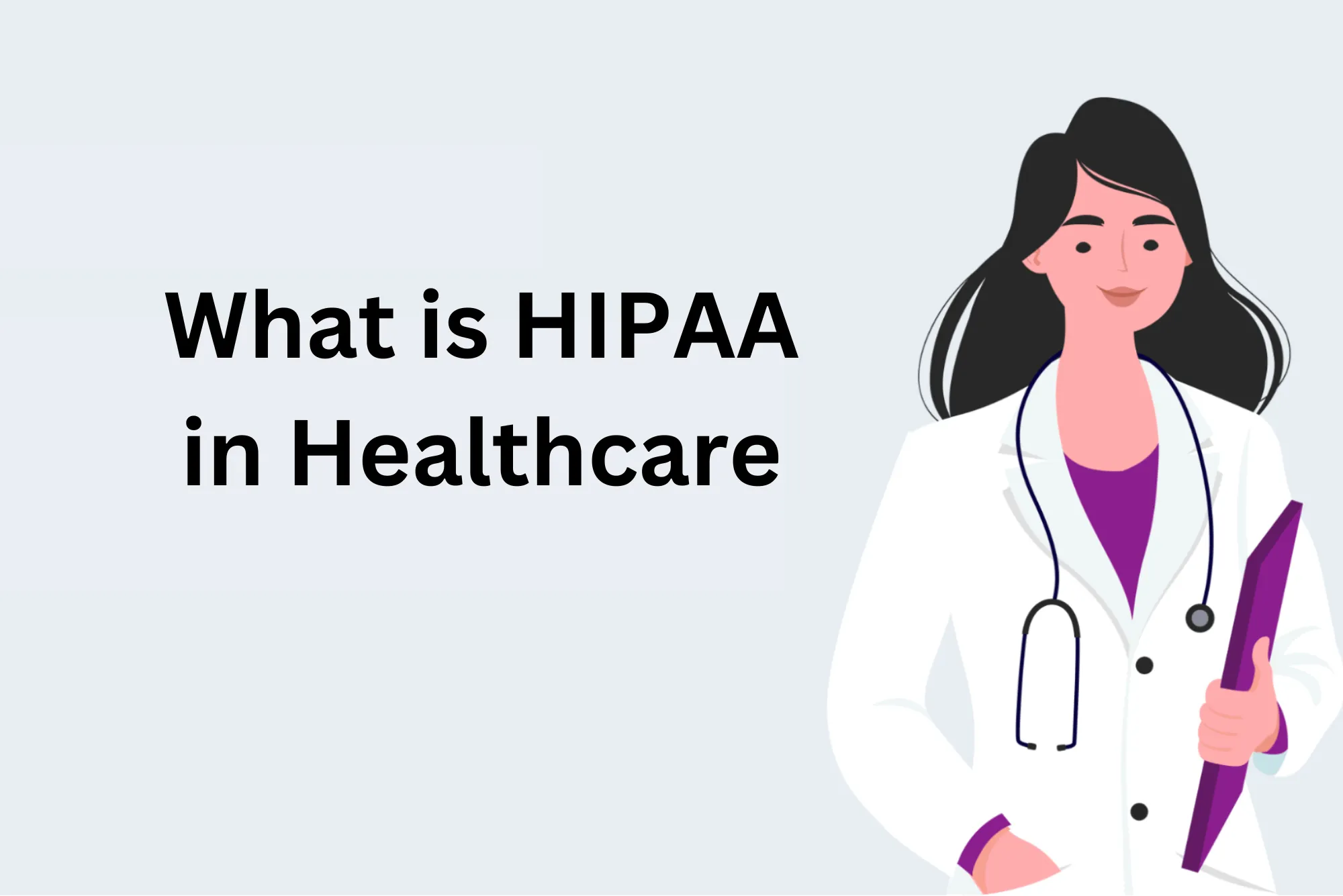What is HIPAA in Healthcare?
The Health Insurance Portability and Accountability Act (HIPAA) is a critical piece of legislation in the healthcare sector in the United States. Enacted in 1996, HIPAA aims to protect patient information, ensure the privacy and security of health data, and improve the efficiency and effectiveness of the healthcare system. This article delves into the key aspects of HIPAA, its importance, and how it impacts healthcare providers and patients alike.
History and Purpose of HIPAA
Origin and Development
HIPAA was introduced by Senator Edward Kennedy and Senator Nancy Kassebaum. Its primary objective was to address concerns related to health insurance coverage and data privacy amid the rapid advancement of electronic health records. The legislation has undergone several updates to adapt to technological advancements and emerging threats to data security.
Primary Goals of HIPAA
- Portability: Ensures that individuals maintain health insurance coverage when changing or losing jobs.
- Accountability: Sets standards for the protection of health information, emphasizing data privacy and security.
Key Components of HIPAA
Privacy Rule
The Privacy Rule establishes national standards to protect individuals’ medical records and other personal health information (PHI). It grants patients rights over their health information, including rights to examine and obtain a copy of their health records and request corrections.

Security Rule
The Security Rule focuses on protecting electronic protected health information (ePHI). It requires appropriate administrative, physical, and technical safeguards to ensure the confidentiality, integrity, and security of ePHI.
Breach Notification Rule
This rule mandates healthcare organizations to notify affected individuals, the Department of Health and Human Services (HHS), and, in some cases, the media, in the event of a data breach involving unsecured PHI.
Enforcement Rule
The Enforcement Rule outlines the investigations, penalties, and procedures for addressing HIPAA violations. It empowers the Office for Civil Rights (OCR) to enforce compliance and impose penalties on non-compliant entities.
HIPAA Compliance Requirements
For Healthcare Providers
Healthcare providers must implement comprehensive privacy and security policies to safeguard PHI. This includes conducting risk assessments, providing training to employees, and establishing procedures for reporting and responding to breaches.
For Business Associates
Business associates, such as third-party vendors that handle PHI on behalf of healthcare providers, must also comply with HIPAA regulations. They are required to sign Business Associate Agreements (BAAs) and ensure the protection of PHI.
Training and Awareness
Ongoing training and awareness programs are crucial for ensuring that all employees understand HIPAA regulations and their roles in protecting patient information. This helps prevent accidental breaches and fosters a culture of compliance.
Impact of HIPAA on Healthcare
Enhancing Patient Trust
HIPAA has significantly contributed to building trust between patients and healthcare providers. By ensuring the confidentiality and security of health information, patients are more likely to share sensitive information, which is essential for accurate diagnosis and treatment.
Streamlining Health Information Management
HIPAA’s standards facilitate the efficient management and exchange of health information. This improves care coordination, reduces administrative burdens, and enhances the overall quality of care.
Promoting Technological Advancements
HIPAA has driven the adoption of electronic health records (EHRs) and other health IT solutions. These technologies improve the accessibility and accuracy of health information, leading to better patient outcomes.
Challenges and Criticisms of HIPAA
Compliance Costs
Implementing HIPAA compliance measures can be costly, particularly for smaller healthcare organizations. The need for robust security systems, employee training, and regular audits can strain financial resources.
Complexity and Ambiguity
HIPAA regulations are often seen as complex and ambiguous, making compliance challenging. Healthcare providers may struggle to interpret and apply the rules correctly, increasing the risk of unintentional violations.
Evolving Threats
As cyber threats evolve, maintaining HIPAA compliance requires continuous updates to security measures. Healthcare organizations must stay vigilant and proactive in addressing emerging risks to patient data.
Future of HIPAA
Adaptation to New Technologies
HIPAA will continue to evolve to address the challenges posed by new technologies, such as telemedicine, mobile health apps, and artificial intelligence. Future updates will likely focus on enhancing data security and patient privacy in these contexts.
Global Influence
HIPAA has set a benchmark for health information privacy and security standards worldwide. As more countries develop their healthcare privacy laws, HIPAA’s principles may serve as a model for global data protection efforts.
Primary Health Care
Primary health care (PHC) is a holistic approach to health and well-being centered on the needs and preferences of individuals, families, and communities. It is the first point of contact in the healthcare system, providing comprehensive, accessible, and community-based care. PHC encompasses preventive, curative, and rehabilitative services, aiming to improve overall health outcomes and reduce health disparities. By focusing on the social determinants of health, PHC addresses a broad spectrum of factors that influence health, such as lifestyle, environment, and socioeconomic status.
The strength of primary health care lies in its emphasis on health promotion and disease prevention. PHC providers work closely with patients to manage chronic conditions, encourage healthy behaviors, and ensure timely access to care. This approach not only enhances the quality of life but also reduces the burden on secondary and tertiary healthcare facilities. Integrated care models within PHC facilitate collaboration among healthcare professionals, leading to more coordinated and effective health services. By prioritizing equity and accessibility, primary health care plays a crucial role in achieving universal health coverage and fostering healthier communities.
Marijah Clinic
Marijah Clinic is a community-centered healthcare facility dedicated to providing high-quality primary health care services. Located in the heart of the community, the clinic offers a wide range of medical services, including preventive care, chronic disease management, and health education. The team at Marijah Clinic comprises experienced healthcare professionals committed to delivering patient-centered care in a compassionate and respectful environment. The clinic emphasizes the importance of patient education, empowering individuals to make informed decisions about their health and well-being.











